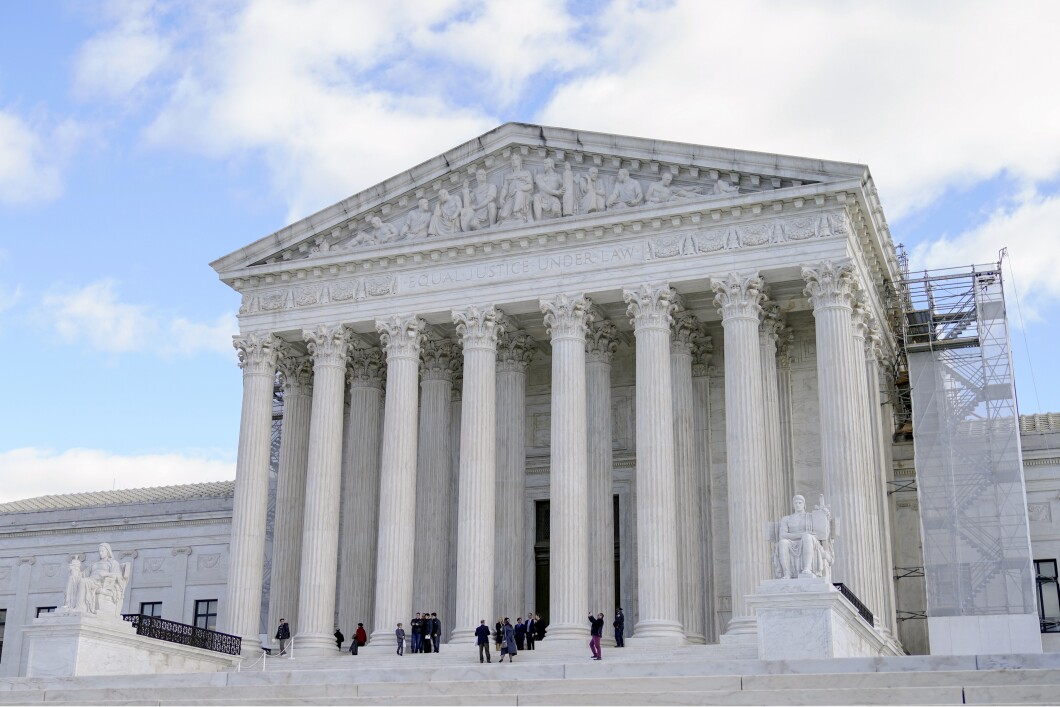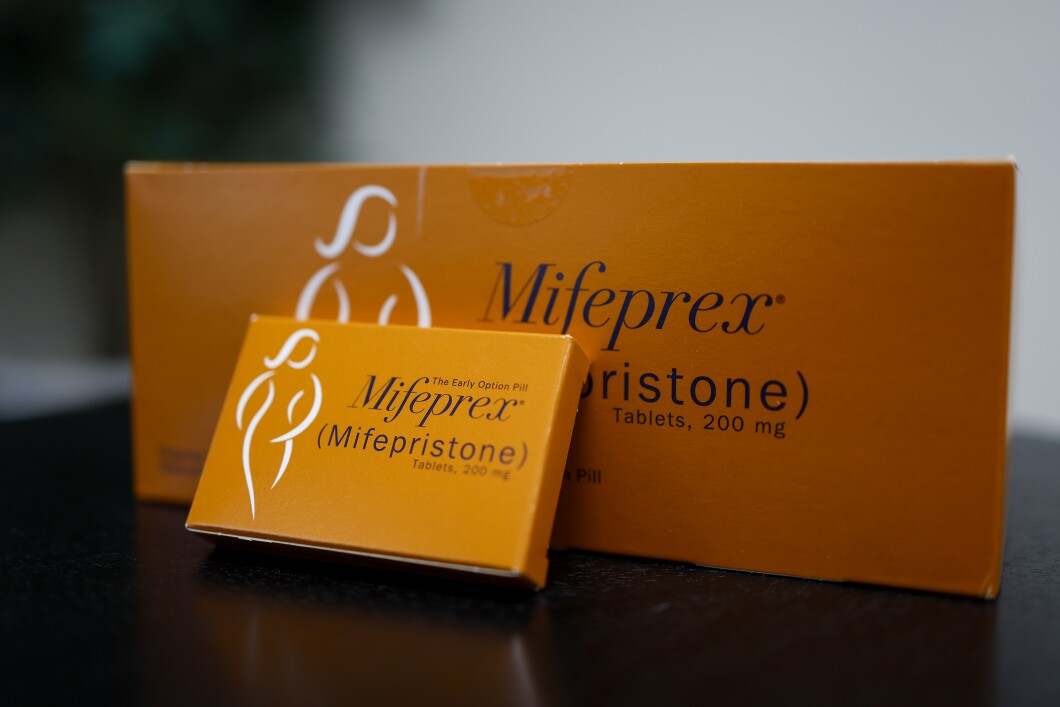
The Supreme Court on Friday moved to allow Idaho to enforce the provision of its strict abortion ban that would prohibit doctors from performing abortions in emergency procedures.
The high court granted the emergency request from Idaho state officials, blocking a lower federal judge’s ruling that said that the state’s abortion ban conflicts with federal law. Agreeing to take up the case temporarily revives the state’s ban on emergency-room procedures.
GOP TO PRESS FAUCI ON HANDLING OF ‘SCIENTIFIC DEBATE’ IN FIRST POST-RETIREMENT TESTIMONY

Idaho enacted a total abortion ban in 2020 that was poised to take effect if the Supreme Court were to overturn Roe v. Wade. The Defense of Life Act therefore went into effect in June 2022 when the high court decided that there was no inherent constitutional right to abortion in Dobbs v. Jackson Women’s Health Organization.
The federal government, however, sued Idaho in August 2022, arguing that the abortion ban violated the Emergency Medical Treatment and Labor Act, which the Biden administration interprets as allowing physicians to perform emergency-induced abortions if necessary to stabilize a patient.
Justice Department Solicitor General Elizabeth Prelogar told the justices that under Idaho’s abortion law, a physician may only commence an abortion until the point where a patient’s condition deteriorates to a life-or-death scenario.
In effect, the law creates a situation where an emergency-room doctor “who concludes that a pregnant woman needs an abortion to stabilize a condition that would otherwise threaten serious and irreversible harm may not provide the necessary care unless and until the patient’s condition deteriorates to the point where an abortion is needed to save her life,” Prelogar wrote in an amicus brief.
The Supreme Court is slated to hear oral arguments in the case in April and issue its ruling by the end of June, near the two-year anniversary of the Dobbs decision.
Now, just under two years after the high court ruled to overturn Roe v. Wade and allow states to implement strict abortion laws such as six-week bans after gestation, the justices will be ensnared in two abortion-related cases during a pivotal election year.

Justices on Dec. 13, 2023, agreed to hear an appeal of a lower court decision that blocked changes made by the Food and Drug Administration after 2016 to provide access to a common abortion drug by mail. The FDA loosened the restrictions on the drug, mifepristone, in 2016 to allow for the abortion agent to be used up to 10 weeks of pregnancy.
CLICK HERE TO READ MORE FROM THE WASHINGTON EXAMINER
The arguments in Idaho v. United States parallel a similar case ruled on this week by the U.S. Court of Appeals for the 5th Circuit regarding whether Texas’s abortion ban also violates EMTALA.
The appellate court on Tuesday found that EMTALA “does not provide an unqualified right for the pregnant mother to abort her child.”





